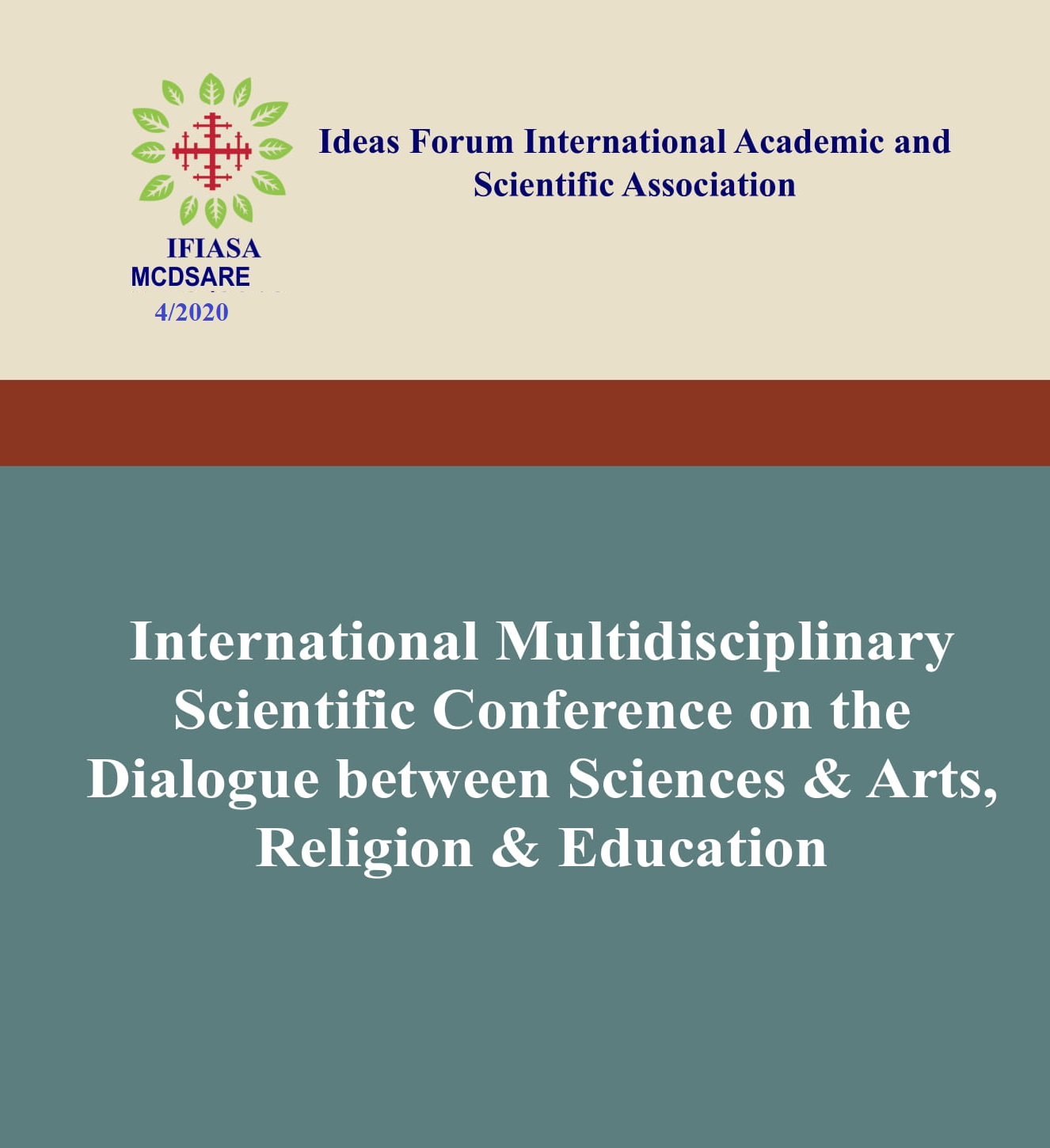SOME ASPECTS OF THE CONTROVERSIAL NEXUS BETWEEN SCIENCE AND RELIGION
SOME ASPECTS OF THE CONTROVERSIAL NEXUS BETWEEN SCIENCE AND RELIGION
Author(s): Alexandru-Corneliu ArionSubject(s): Theology and Religion, Religion and science
Published by: Ideas Forum International Academic and Scientific Association
Keywords: science; religion; philosophy; knowledge; nature; doctrine of creation; Logos;
Summary/Abstract: The present paper takes into consideration a few aspects related to the relation between the two disputeddomains of knowledge: science and religion. After having pointed out the main eight warfare andnonwarfare models of interaction between science and religion, the study focuses on the motives ofEastern and Western Christianity breach, which resides on the very different attitude to Science andNature. The main part of depicting the nexus between the two fields of research is focusing on thedoctrine of creation, the one Christian theology truly revolutionized. The Christian Weltanschauung wasso new in comparison with Greek cosmology that it had to raise new questions and make radicalmodifications, especially regarding the understanding of space and time. The Fathers of the OrthodoxChurch were happy to use the science and philosophy of their time in their theological thinking. However,they did not pursue a natural theology in the sense the term is often now understood based on scholastictheology. According to the Orthodox understanding, the intellect provides not knowledge about thecreation but rather a direct apprehension or spiritual perception of the divine Logos (Word) incarnate inChrist, and of the inner essences or principles (logoi) of the cosmos components created by that Logos.The arguments of Orthodox Christian theology proof that the quantum universe was created out ofnothing and that it is kept in existence only by God's relationship with creation through Jesus Christ andthe Holy Spirit. In relation to itself, the universe is reduced to nothing, because God is in Himself, whileany other created thing is dependent upon Him, into an indissoluble connection with Him. According tocreation theology, God gives the world its rational, intelligible structure as described by the laws of naturethrough the transcendent and eternal act of bringing the world into existence ex nihilo. As immanentcreator, God also continues to create (creatio continua) and providentially direct processes and eventstowards their consummation in the eschaton. Overall, there is a poignant reason for keeping science andreligion together once “science without religion is lame and religion without science is blind” (Einstein).
- Issue Year: 4/2020
- Issue No: 1
- Page Range: 31-44
- Page Count: 14
- Language: English

